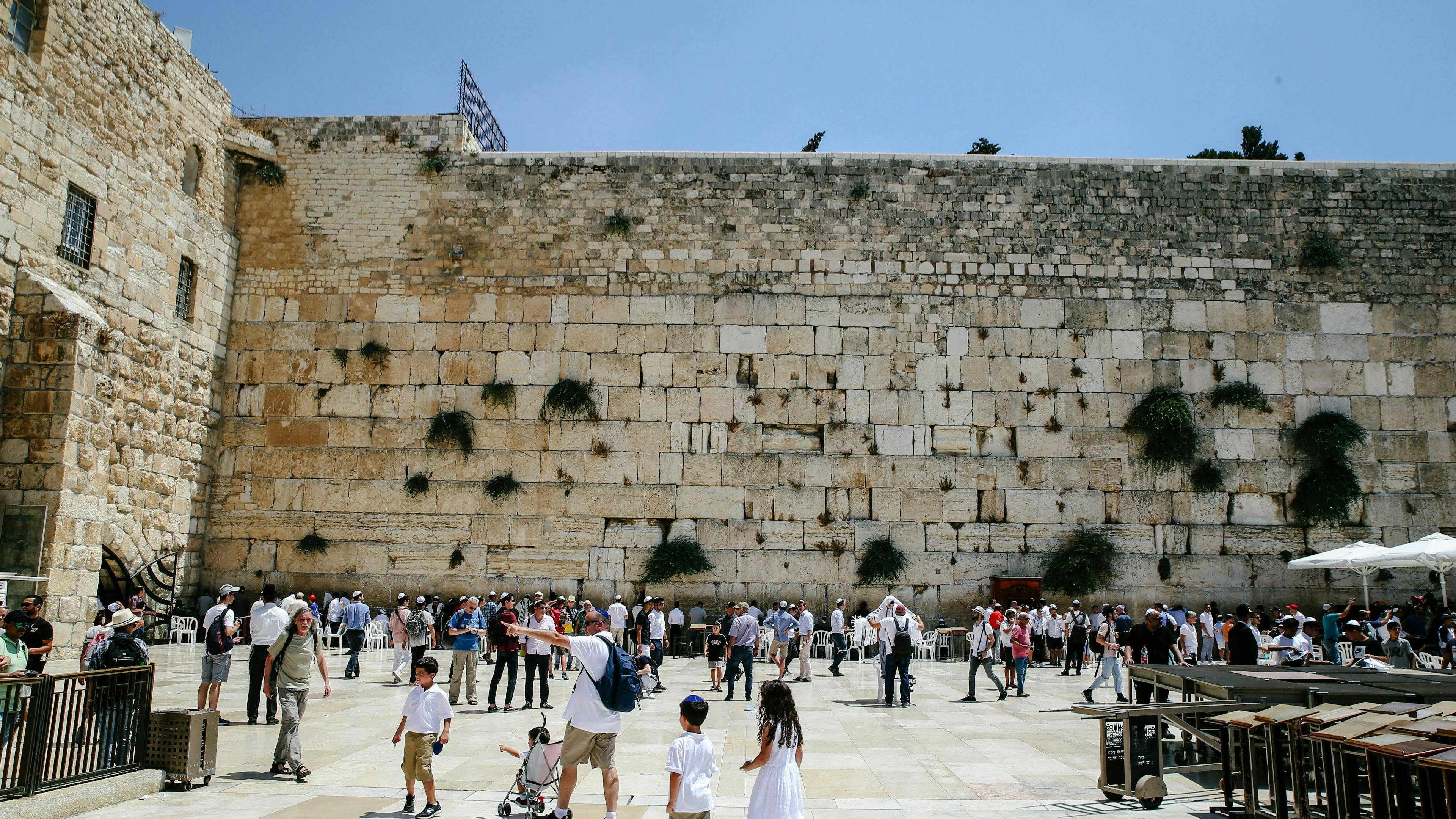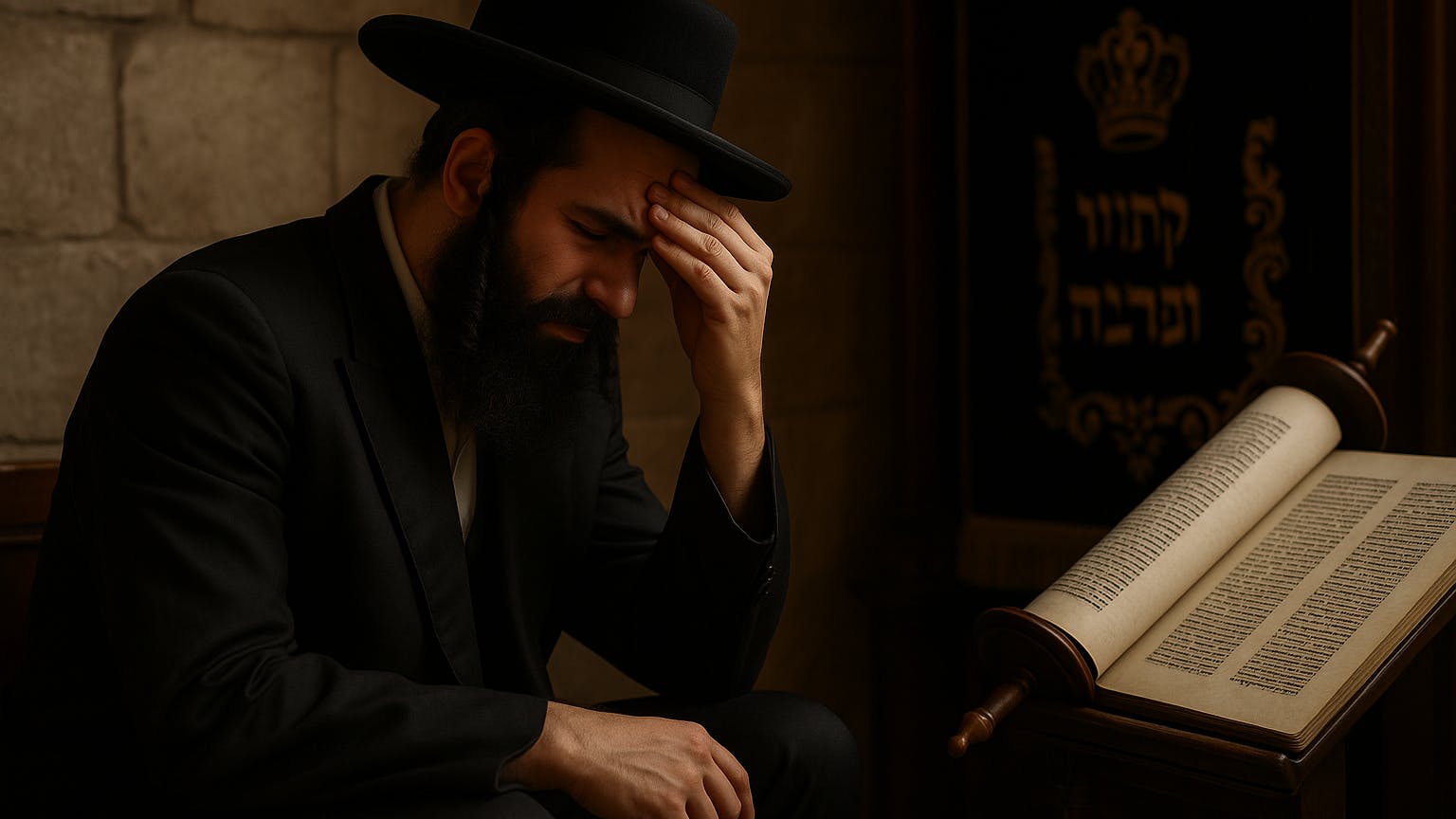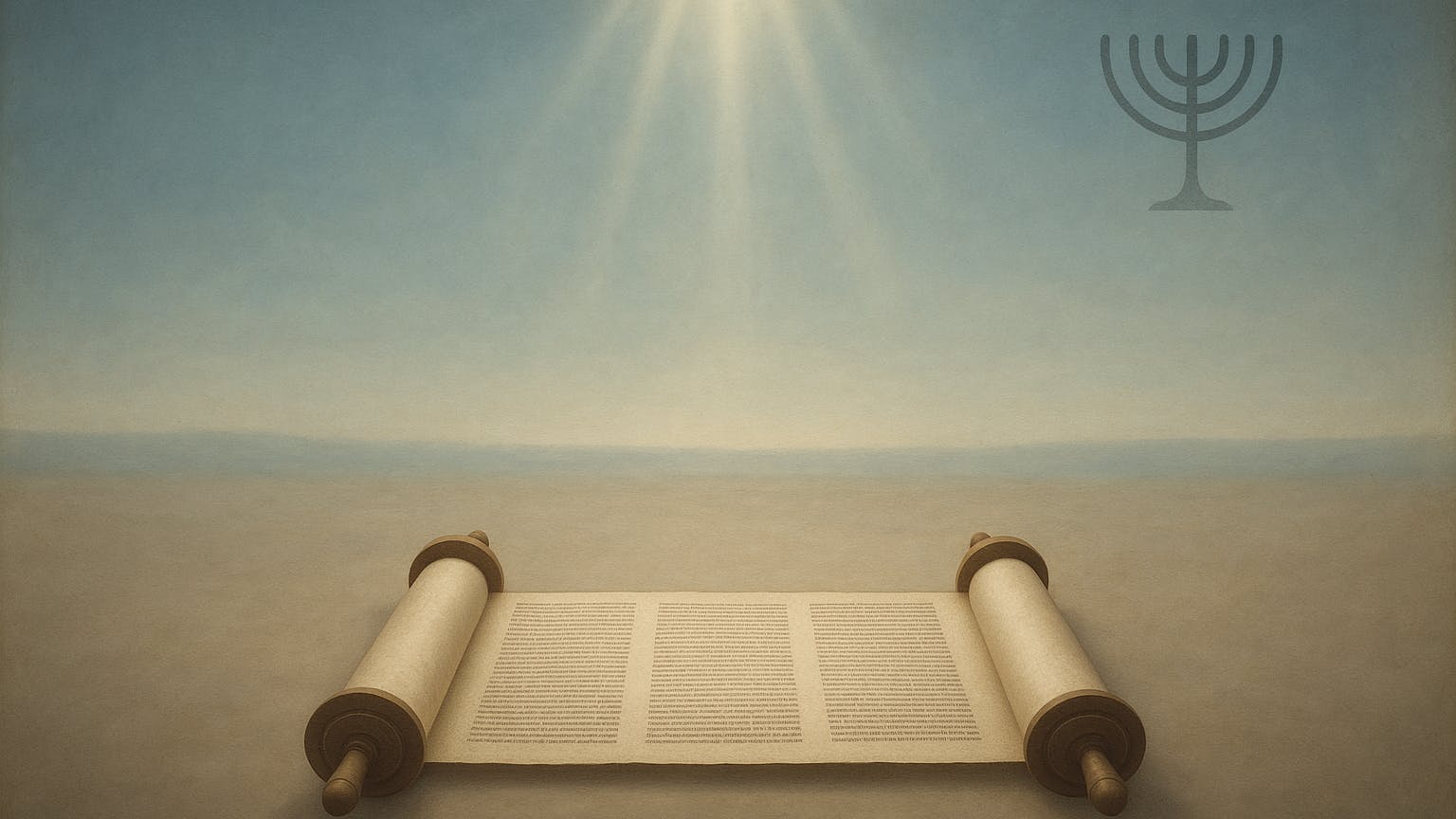Where is Messiah’s peace?
With seemingly interminable war and bloodshed, many Israelis are becoming weary of the news, wary of their government, and disillusioned about their futures. Among the haredim, and also among across other strands of Judaism, there remains a hope for the Judaic Moshiach to arrive and bring about peace. When a Christian tells a Jewish person however that the Jewish Messiah has already come, the response is often cynical and dismissive.
If Jesus were the Messiah, then where is world peace? Doesn’t the Messiah bring peace? True enough, passages such as Isaiah 11 indicate exactly this, wherein we read:
Isaiah 11:6
“The wolf also shall dwell with the lamb, and the leopard shall lie down with the kid; and the calf and the young lion and the fatling together; and a little child shall lead them,”
and further:
Isaiah 2:4
“they shall beat their swords into plowshares, and their spears into pruninghooks: nation shall not lift up sword against nation, neither shall they learn war any more”
This peace, of course, will come, yet the current absence of peace between nations in no way negates the truth about Jesus Christ being the Jewish Messiah; rather, it affirms it. First, we ought to recognize that within Judaism itself, the rabbis have set out an expectation of two messiahs: a suffering Messiah Ben Joseph and a conquering Messiah Ben David. In the Talmud itself, the rabbis are discussing a eulogy offered by the land of Israel itself, where we read (Sukkah 52a): “One said that this eulogy is for Messiah ben Yosef who was killed in the war of Gog from the land of Magog prior to the ultimate redemption with the coming of Messiah ben David.”
This solution implicitly acknowledges the Biblical reality that there are texts showing both the suffering of the Messiah, and other texts showing his kingly triumph. While Judaism seeks to reconcile these different descriptions by ascribing two separate conditions to two separate persons, Christianity acknowledges that one and the same Messiah will both suffer and rule.
Messiah’s suffering
The suffering of Messiah can be seen in texts such as Isaiah 53 (here verses 3-7):
Isaiah 53:3-7
“He is despised and rejected of men; a man of sorrows, and acquainted with grief: and we hid as it were our faces from him; he was despised, and we esteemed him not. Surely he hath borne our griefs, and carried our sorrows: yet we did esteem him stricken, smitten of God, and afflicted. But he was wounded for our transgressions, he was bruised for our iniquities: the chastisement of our peace was upon him; and with his stripes we are healed. All we like sheep have gone astray; we have turned every one to his own way; and the Lord hath laid on him the iniquity of us all. He was oppressed, and he was afflicted, yet he opened not his mouth: he is brought as a lamb to the slaughter, and as a sheep before her shearers is dumb, so he openeth not his mouth.”
Here we see that the Messiah suffers directly for the sin of the people, being “bruised for our iniquities.” His manner of death is seen in Psalm 22:16:
The timing of his death is seen in Daniel 9:24-27, proving it to be 69 and a half “sevens” (of years) – that is, around 480 years – from the Persian decree to rebuild Jerusalem, which brings us to the days of Jesus of Nazareth:
Daniel 9:24-27
“Know therefore and understand, that from the going forth of the commandment to restore and to build Jerusalem unto the Messiah the Prince shall be seven weeks, and threescore and two weeks: the street shall be built again, and the wall, even in troublous times. And after threescore and two weeks shall Messiah be cut off, but not for himself”
Messiah’s triumph
We see the triumph of Messiah in various passages such as Psalm 110:2-3:
Psalm 110:2-3
“The Lord shall send the rod of thy strength out of Zion: rule thou in the midst of thine enemies. Thy people shall be willing in the day of thy power, in the beauties of holiness from the womb of the morning: thou hast the dew of thy youth.”
And
Psalm 72:8-9
“He shall have dominion also from sea to sea, and from the river unto the ends of the earth. They that dwell in the wilderness shall bow before him; and his enemies shall lick the dust.”
Psalm 2 shows that he shall receive the obedience of kings:
Psalm 2
“Be wise now therefore, O ye kings: be instructed, ye judges of the earth. Serve the Lord with fear, and rejoice with trembling. Kiss the Son, lest he be angry, and ye perish from the way, when his wrath is kindled but a little. Blessed are all they that put their trust in him.”
Thus it is clear that Messiah is an all-powerful king who rules the earth.
What links the two?
If Messiah’s suffering only took place in a separate person, we should expect to see references to two messiahs in Scripture. Yet there is only one seed who will defeat Satan in Genesis 3:15:
Genesis 3:15
“And I will put enmity between thee and the woman, and between thy seed and her seed; it shall bruise thy head, and thou shalt bruise his heel.”
There is one prophet greater than Moses, not two
Deuteronomy 18:15-18
“ I will raise them up a Prophet from among their brethren, like unto thee, and will put my words in his mouth; and he shall speak unto them all that I shall command him.”
Note: G-d says “a prophet,” not “two prophets.” Again,
Micah 5:2
“But thou, Bethlehem Ephratah, though thou be little among the thousands of Judah, yet out of thee shall he come forth unto me that is to be ruler in Israel; whose goings forth have been from of old, from everlasting.”
Note how G-d speaks of “he” not “they” coming forth to be ruler in Israel. And pay attention also to the fact that this king is born in Bethlehem. When we put that together with the prophecy of Daniel 9, that Messiah must arrive before the destruction of the temple, we see that only Jesus can fulfill this prophecy.
The link between Christ’s suffering and triumph is established in Psalm 16:10:
Psalm 16:10
“For thou wilt not leave my soul in hell; neither wilt thou suffer thine Holy One to see corruption.”
While David died, his seed – the Messiah, the subject of this verse – was not left in the grave. And this dovetails with Isaiah 53:11: a verse from a passage that Jews traditionally ascribe to Messiah Ben Joseph. The eleventh verse reads:
Isaiah 53:11
“He shall see of the travail of his soul, and shall be satisfied: by his knowledge shall my righteous servant justify many; for he shall bear their iniquities.”
Here then is the satisfaction of Jesus Christ, the Jewish Messiah: after his death, he is resurrected, and raised to life, he becomes king over the whole world.
We see this in Jesus’ ascension, and he is currently seated at the right hand of the Father, from which place, he rules over the earth, having established his kingdom. Rightly is it said of Christ Jesus the Messiah in Psalm 68:18:
Psalm 68:18
Thou hast ascended on high, thou hast led captivity captive: thou hast received gifts for men; yea, for the rebellious also, that the Lord God might dwell among them.”
Eventually, all nations will bow down before him, as we read in 1 Corinthians 11:25:
Peace is only found in Jesus Christ
To return to our main question about the peace that Messiah brings, we can affirm that Jesus Christ will bring world peace to all the nations, and he is in the process of causing his people to bow the knee to him as he reigns from heaven. Even before this day, he brings us a spiritual peace, seeing as he was the expiatory sacrifice, offering himself up to G-d on behalf of his people, so that those who believe in Jesus Christ have their sins covered, as blessed David in Psalm 32:1-2:
Psalm 32:1-2
“Blessed is he whose transgression is forgiven, whose sin is covered. Blessed is the man unto whom the Lord imputeth not iniquity, and in whose spirit there is no guile.”
This is such peace, as we read in Romans 5:1:
Romans 5:1
“Therefore being justified by faith, we have peace with God through our Lord Jesus Christ,”
and
Ephesians 2:14
“For he is our peace, who hath made both one, and hath broken down the middle wall of partition between us.”
You too can know this peace today, if you will repent of your sins and put your trust in he who died for sinners. You are currently at war with G-d due to your sins – a war in which you stand to lose far more than any combatant in the Israel-Hamas war, for men with guns and bombs can only kill the body, but G-d can throw your soul into hell if you remain in your sins.
This must become the number one question in your life, as the spiritual state of your soul is far more important than any physical threats or uncertainties.
More Topics
You might alsoo be interested in these topics.




